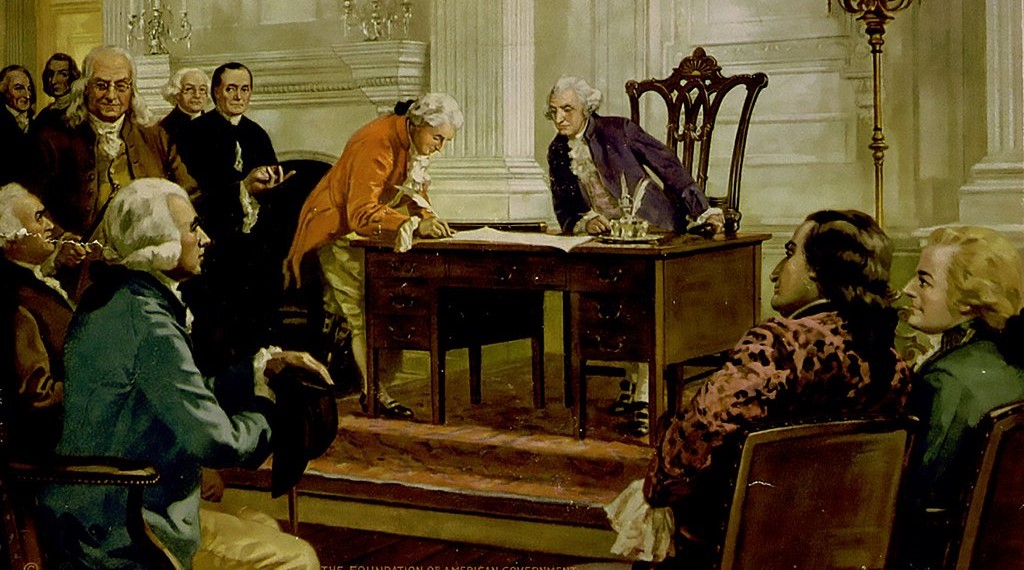Authors:
Historic Era: Era 10: Contemporary United States (1968 to the present)
Historic Theme:
Subject:
Spring 2021 | Volume 66, Issue 3


Authors:
Historic Era: Era 10: Contemporary United States (1968 to the present)
Historic Theme:
Subject:
Spring 2021 | Volume 66, Issue 3
Editor's Note: Jon Meacham is a Pulitzer Prize-winning historian and a former Executive Editor and Executive Vice President at Random House. The following is an excerpt from his best-selling book, The Soul of America: The Battle for Our Better Angels.

The last year in American politics and life has been difficult. But we have been there before. At critical times in our history, hope overcame division and fear and we have came together to defeat the forces of anger, intolerance, and extremism. Even when all seemed lost, the times gave way to light. And that is in large measure because, in the battle between the impulses of good and of evil in the American soul, what Lincoln called “the better angels of our nature” have prevailed just often enough to keep the national enterprise alive.
To speak of a soul at all — either of a person or of country — can seem speculative and gauzy. Yet belief in the existence of an immanent collection of convictions, dispositions, and sensitivities that shape character and inform conduct is ancient and perennial. There is a rich history of discussion of what the Swedish economist Gunnar Myrdal, writing in 1944, called the American Creed: devotion to principles of liberty, of self-government, and of equal opportunity for all regardless of race, gender, religion, or nation of origin.
Echoing Myrdal, the historian Arthur M. Schlesinger, Jr., wrote, “The genius of America lies in its capacity to forge a single nation from peoples of remarkably diverse racial, religious, and ethnic origins. . . . The American Creed envisages a nation composed of individuals making their own choices and accountable to themselves, not a nation based on inviolable ethnic communities.... It is what all Americans should learn, because it is what binds all Americans together.”
I consider the American soul to be more than the American Creed because there is a significant difference between professing adherence to a set of beliefs and acting upon them. The war between the ideal and the real, between what’s right and what’s convenient, between the larger good and personal interest is the contest that unfolds in the soul of every American. The creed of which Myrdal and Schlesinger and others have long spoken can find concrete expression only once individuals in the arena choose to side with the angels.
That is a decision that must come from the soul — and sometimes the soul’s darker forces win out over its nobler ones. The message of Martin Luther King, Jr. — that we should be judged on the content of our character, not on the color of our skin—dwells in the American soul. So